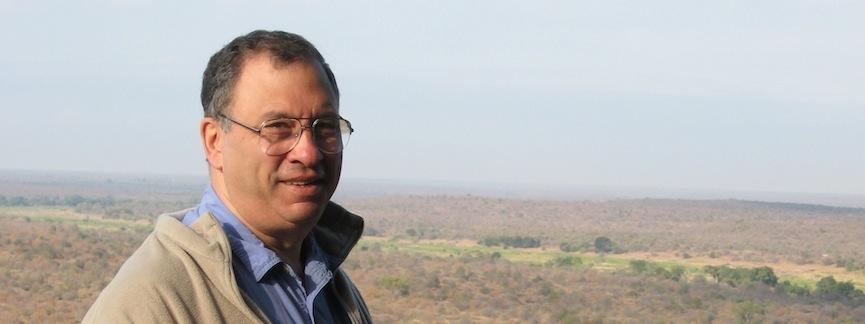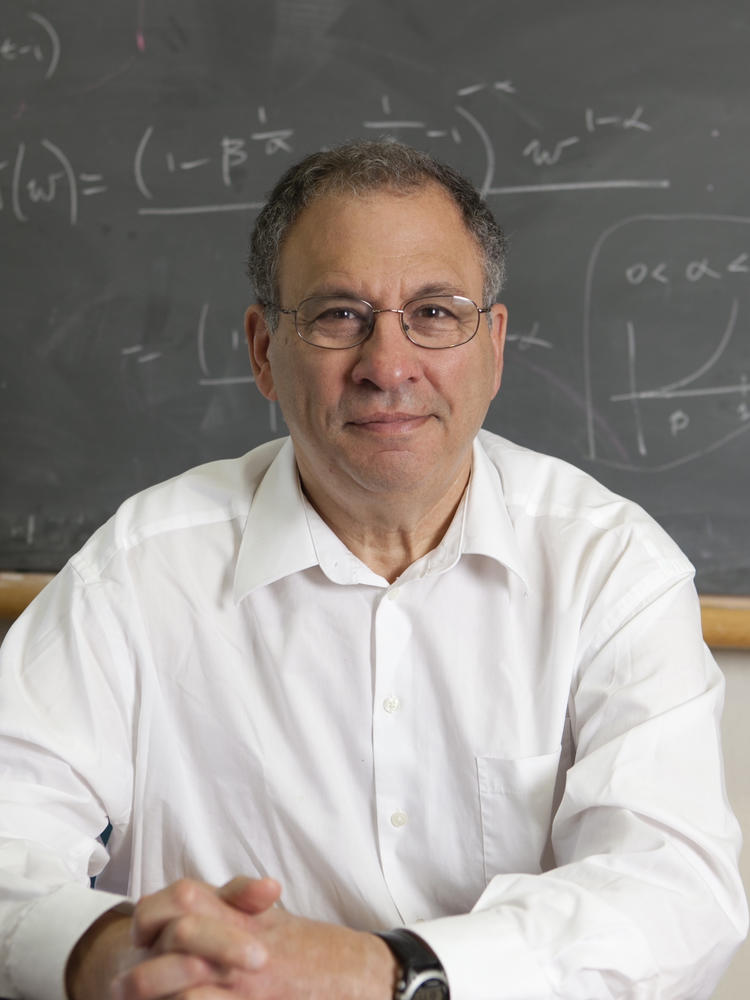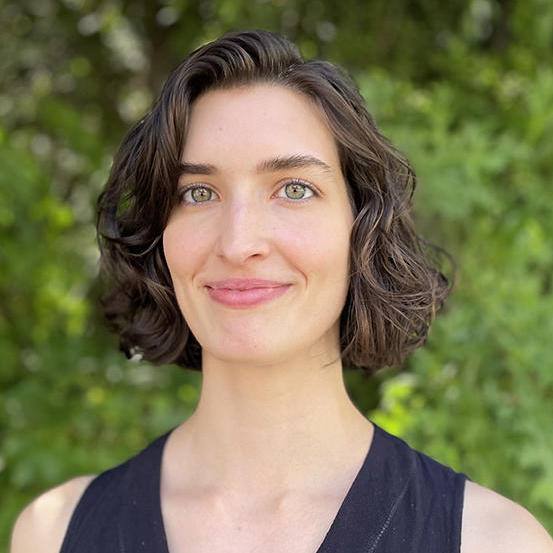
photo: Simon A. Levin by Carole Levin.
Finding Kokoro
Two conflicting tendencies can be seen throughout the biological world: individuality and collective behavior. Natural selection operates on differences among individuals, rewarding those who perform better. Nonetheless, even within this milieu, cooperation arises, and the repeated emergence of multicellularity is the most striking example. The same tendencies are played out at higher levels, as individuals cooperate in groups, which compete with other such groups. Most of our environmental and other challenges can be traced to such conflict, and to the unwillingness of individual agents to take account of the greater good. We need to take multicellularity to yet a higher level and find the collective Kokoro that is the only hope for the preservation of the planet.
-Simon A. Levin, James S. McDonnell Distinguished University Professor in Ecology and Evolutionary Biology, Princeton University
From: Unity from Division: In Search of a Collective Kokoro, Kyoto University, 2006.
Levin Lab Members
Simon A. Levin is an ecologist, noted especially for his contributions to the development of the foundations of spatial ecology, for his work on pattern and scale, and more recently for his research at the interface between ecology and economics, especially problems of public goods, common pool resources, and the global commons. His book, Fragile Dominion, along with his subsequent research, weaves these themes together, invoking ecological and evolutionary theory to inform principles for management practice.





